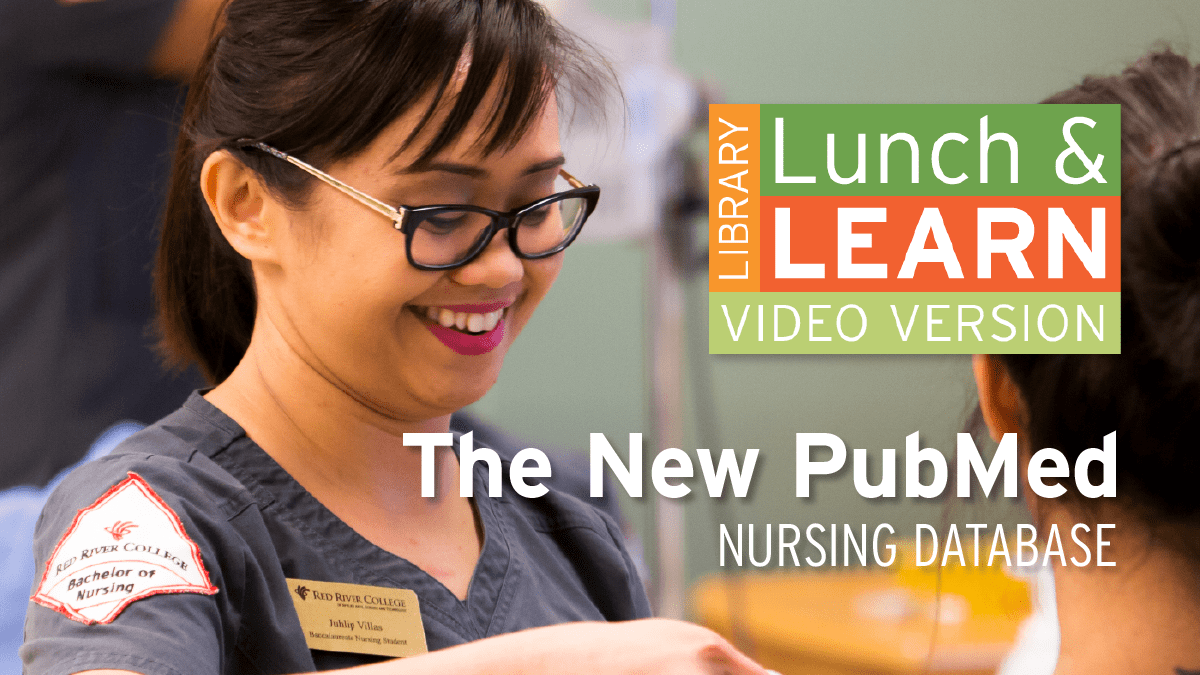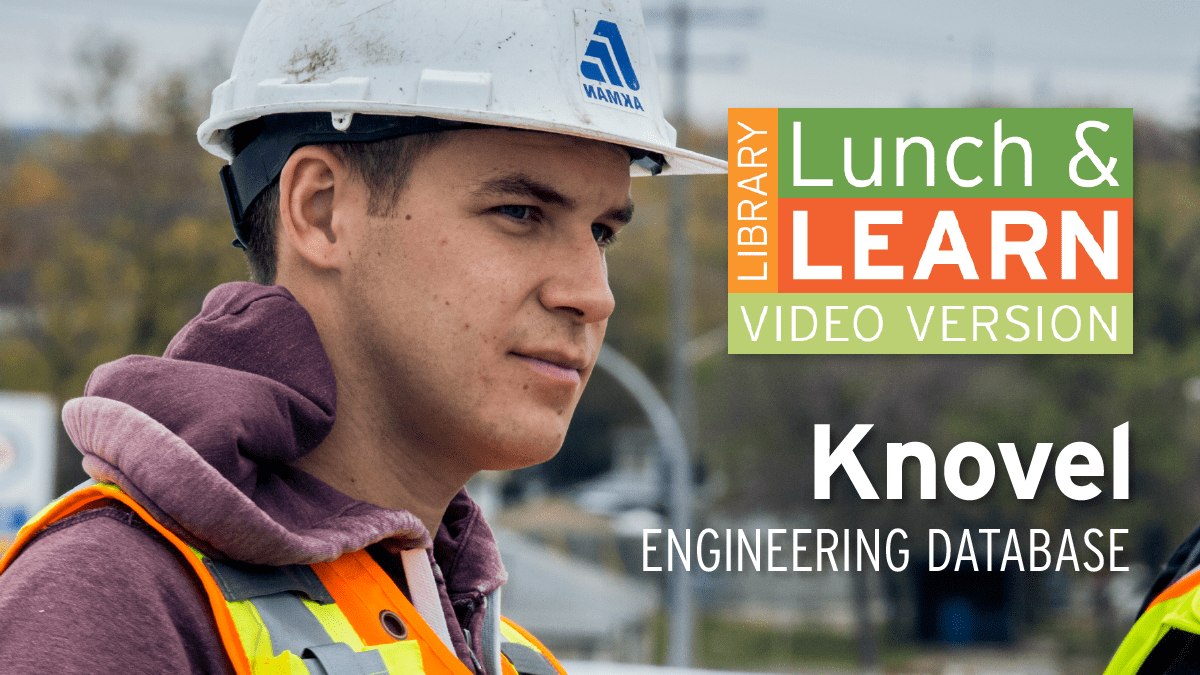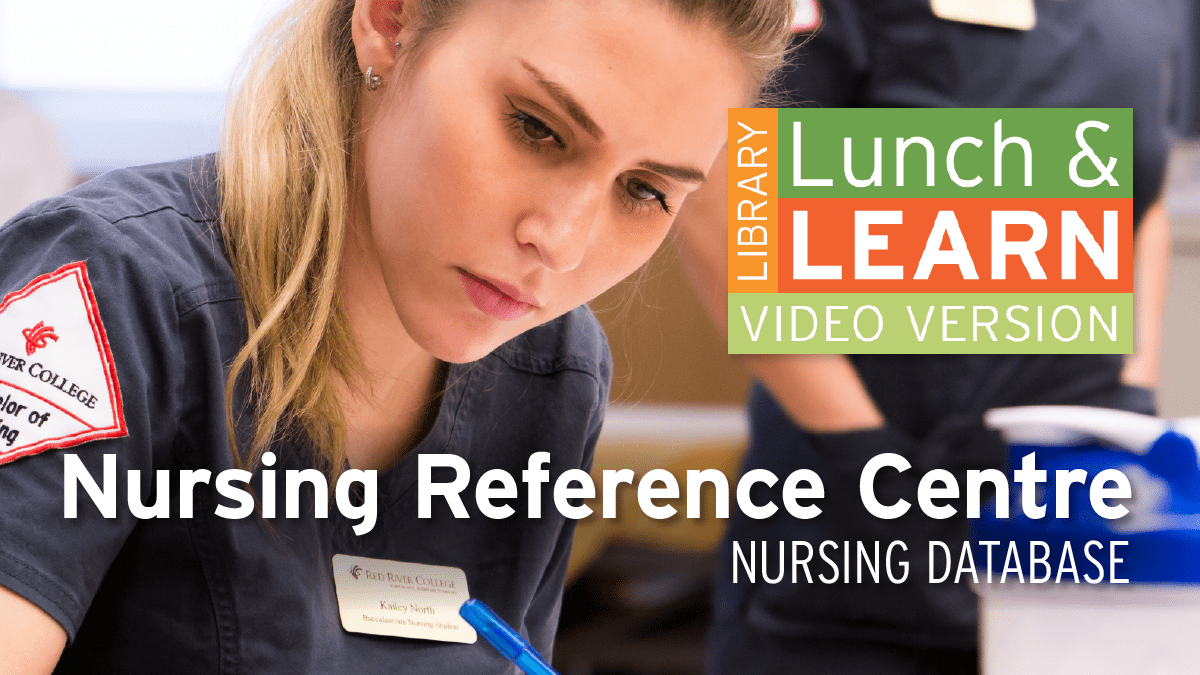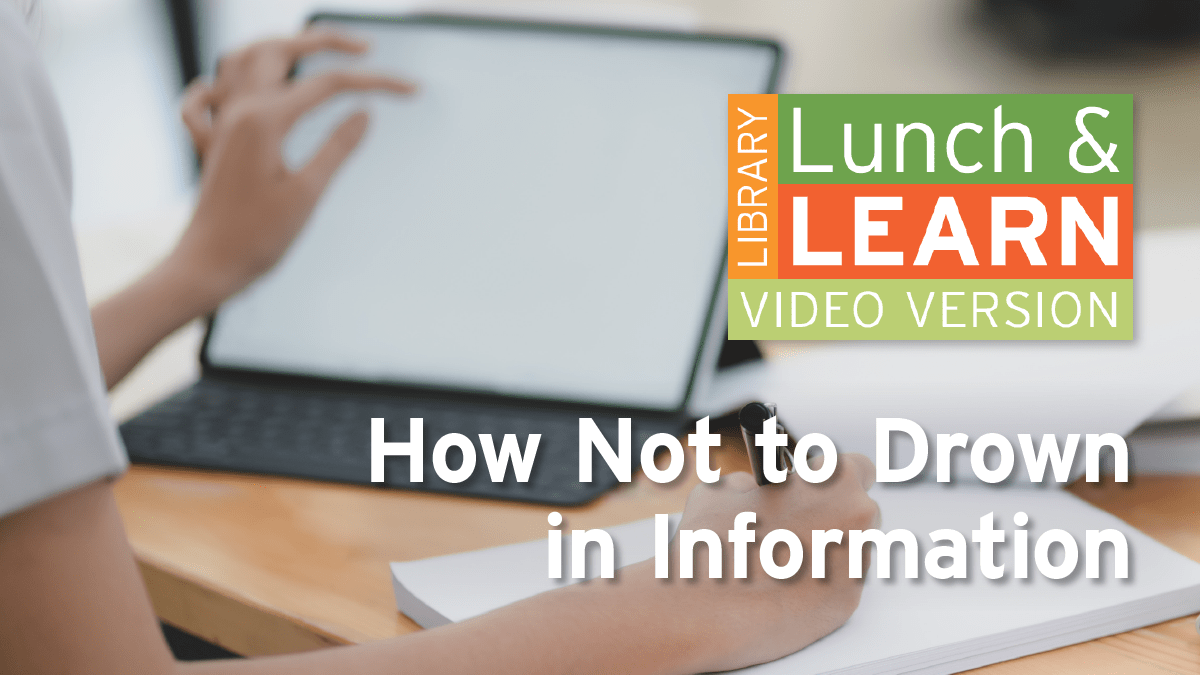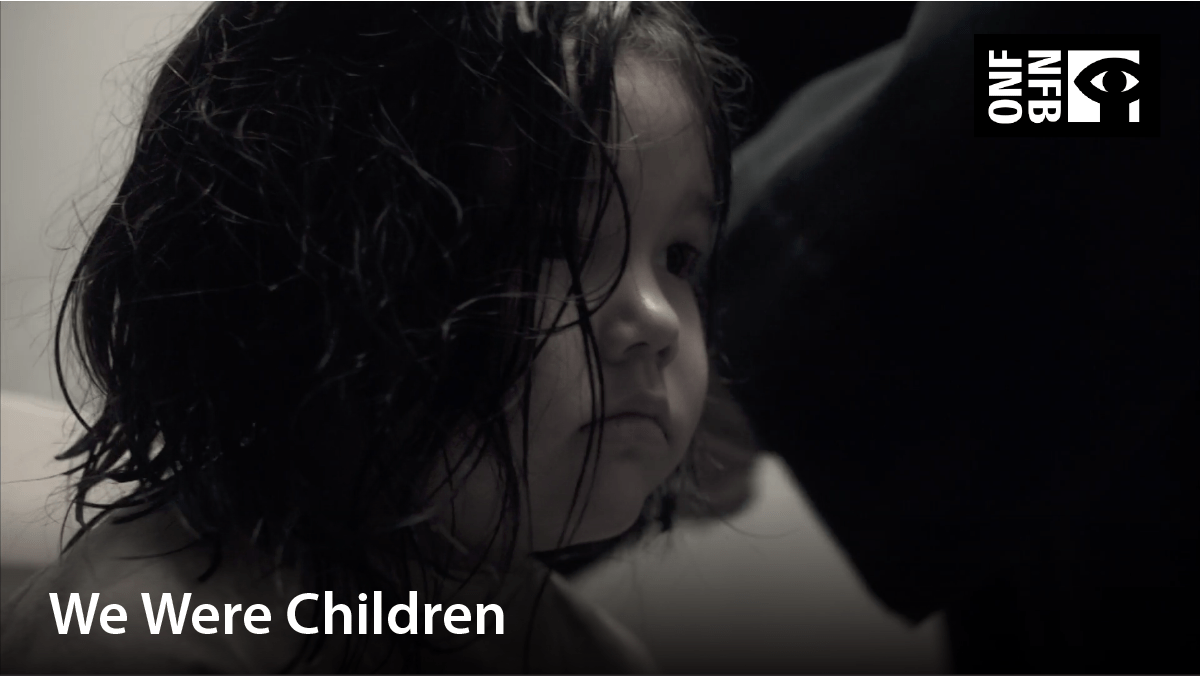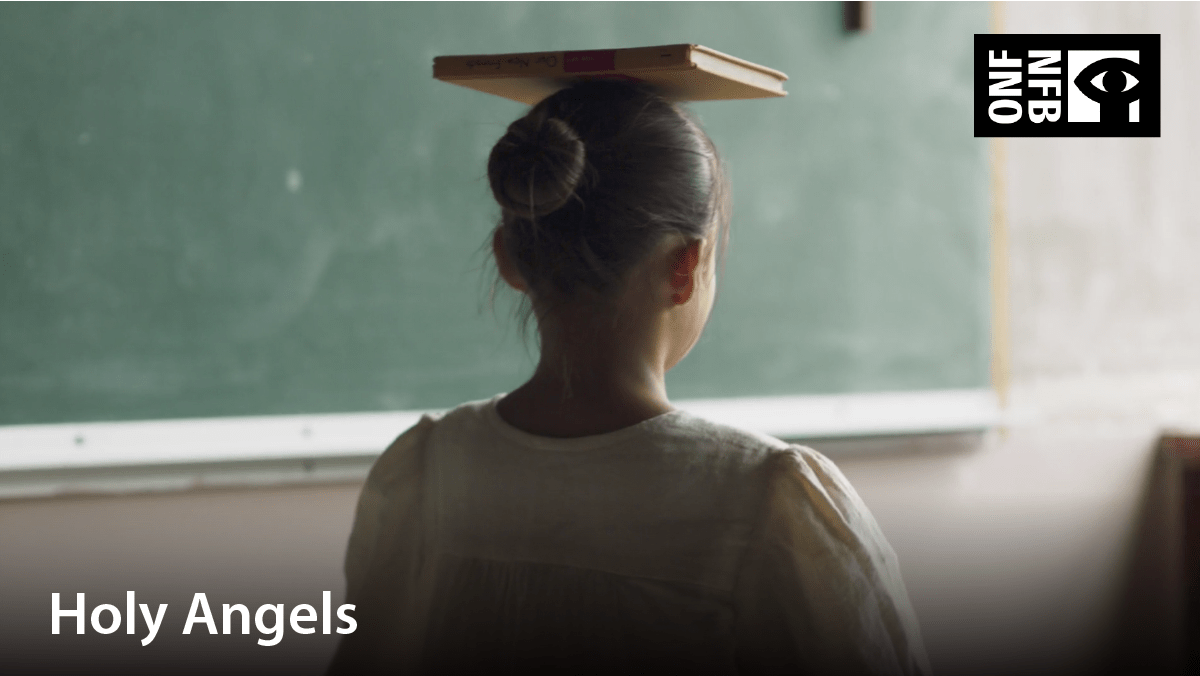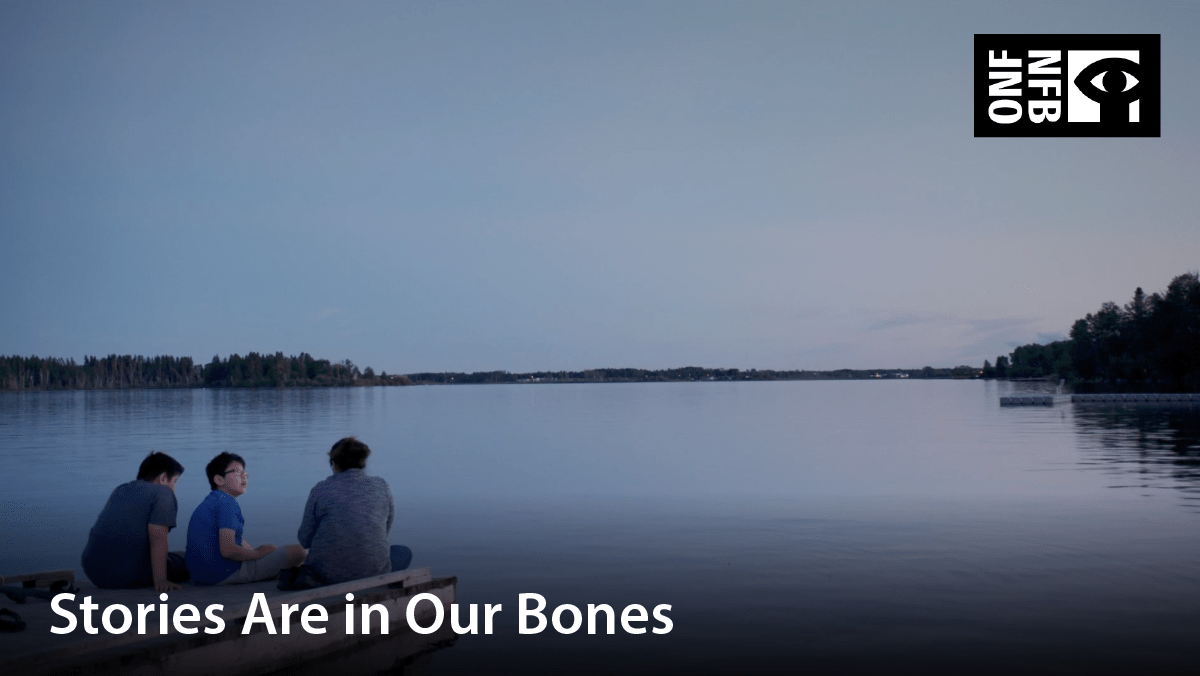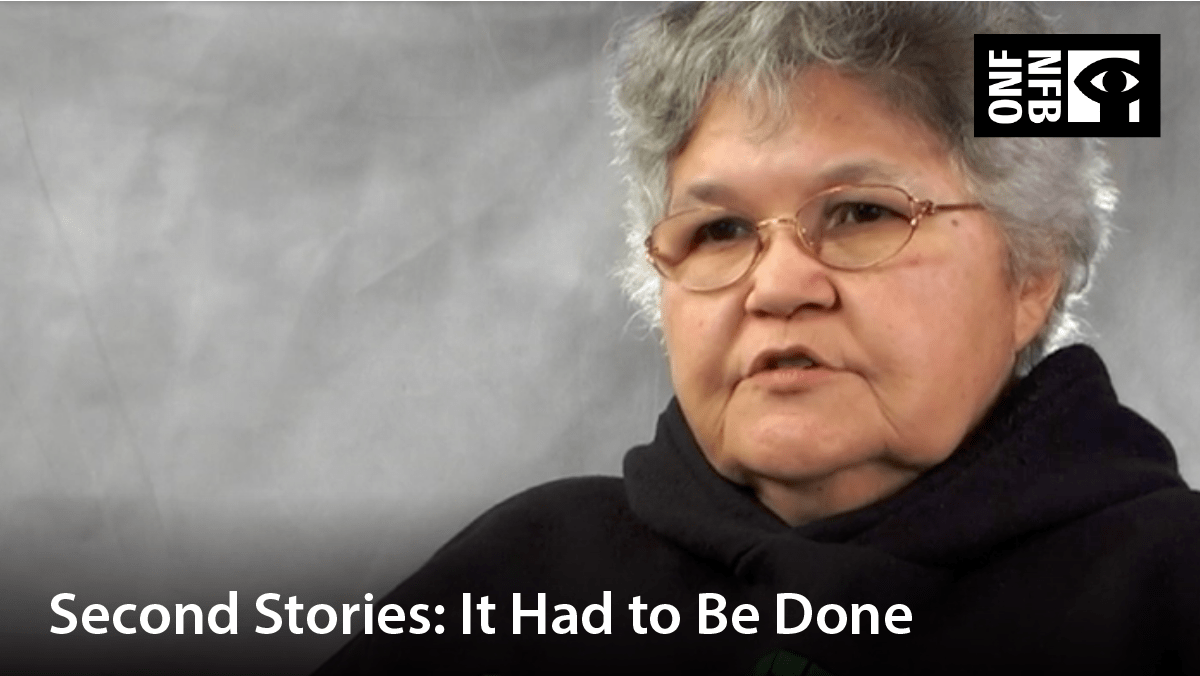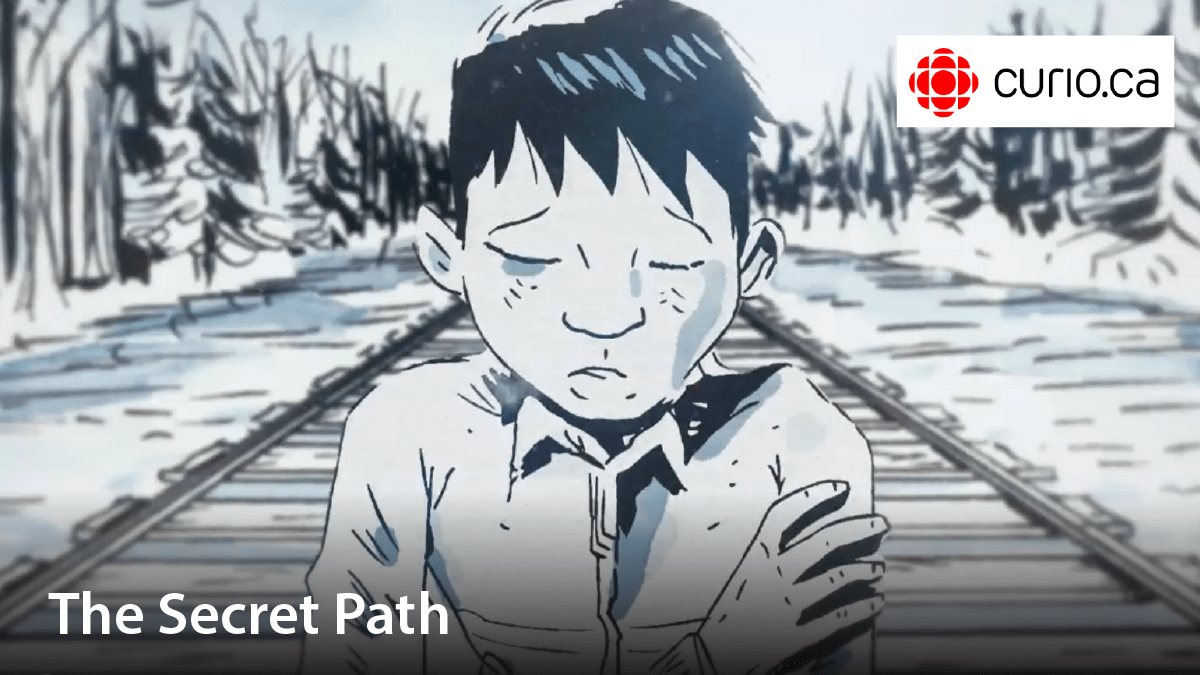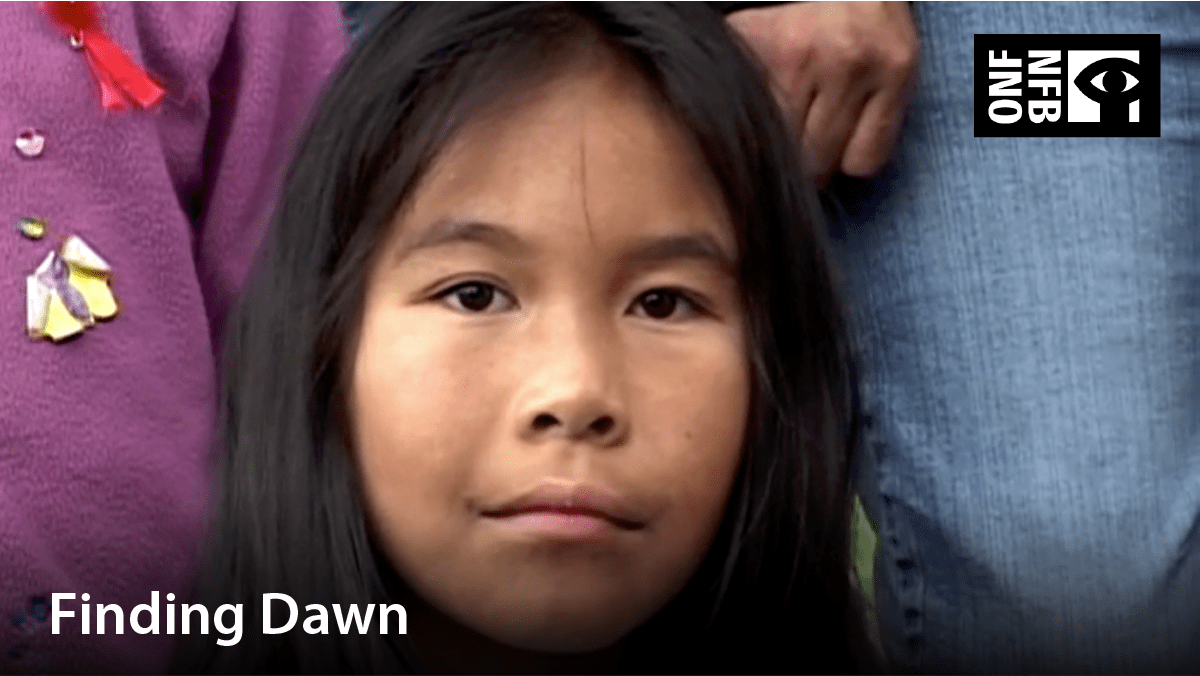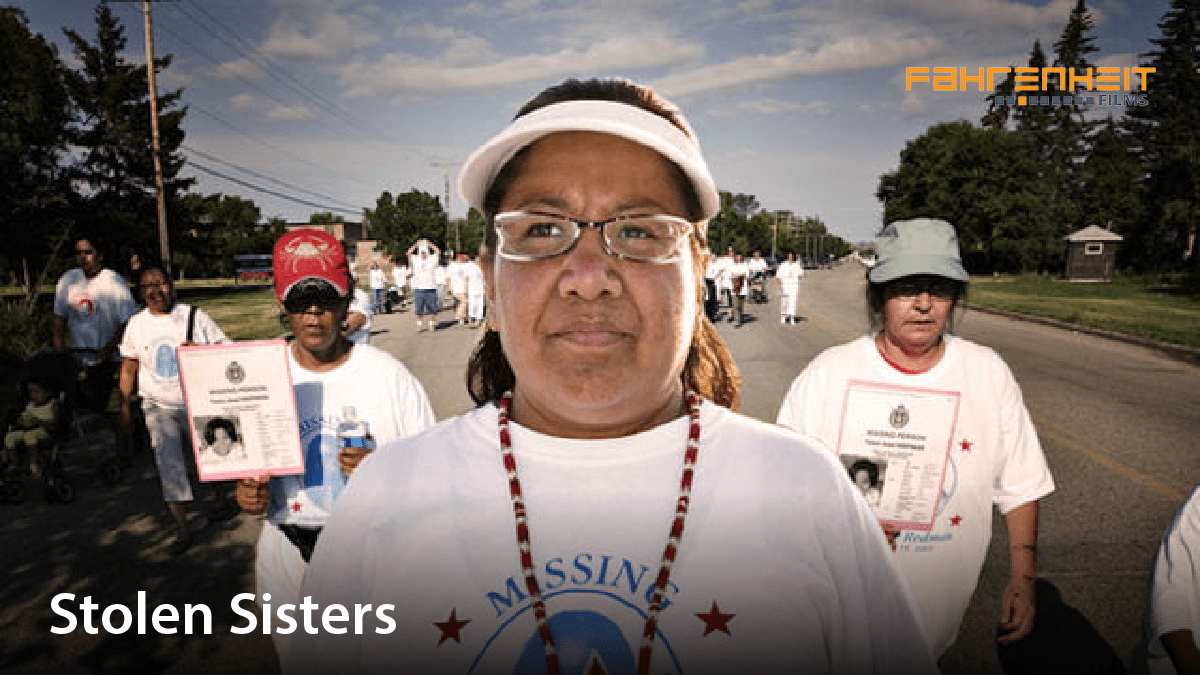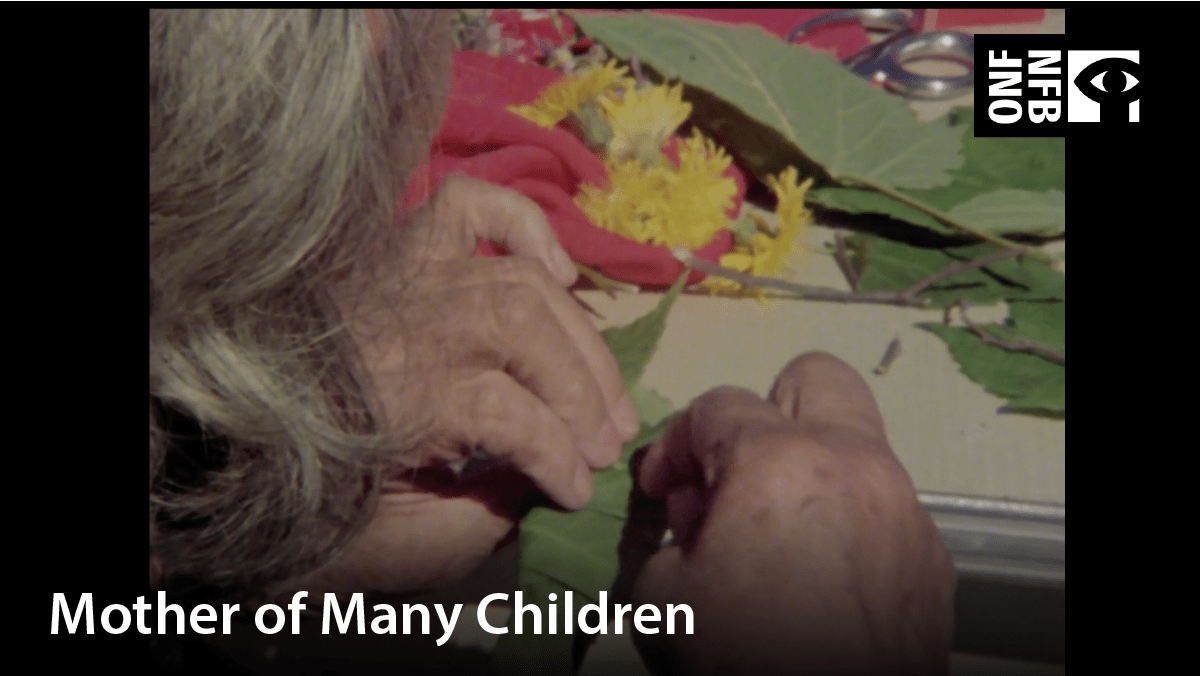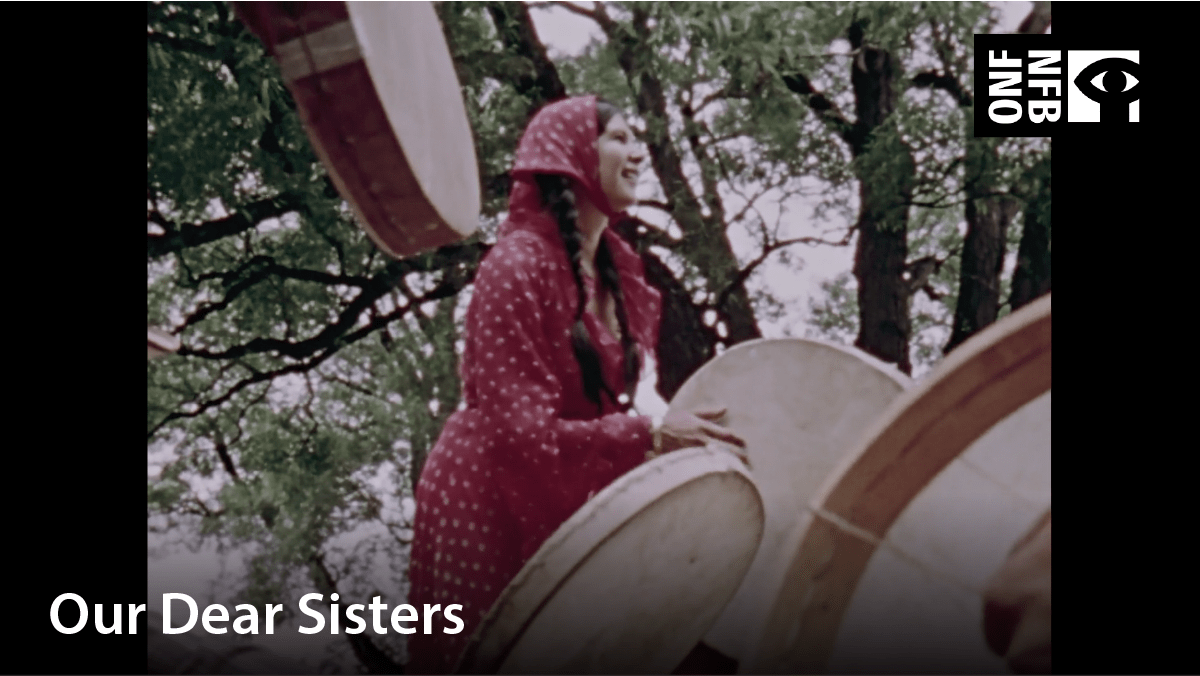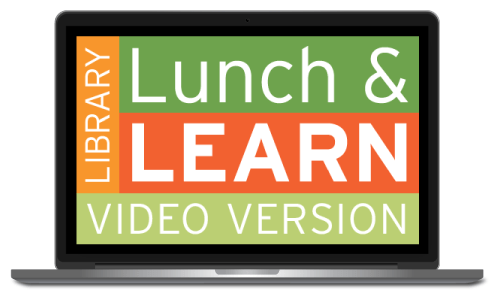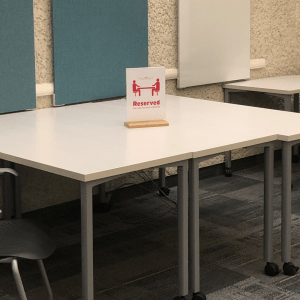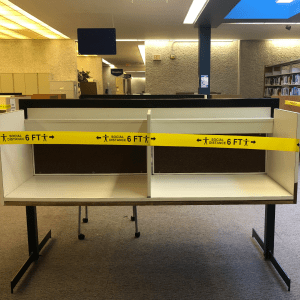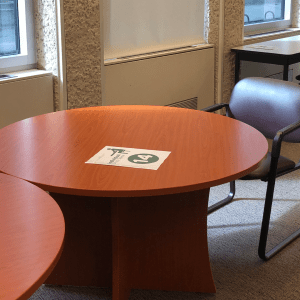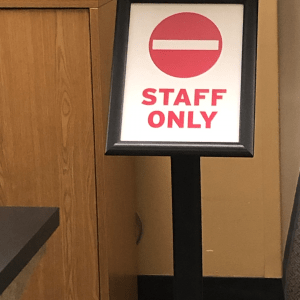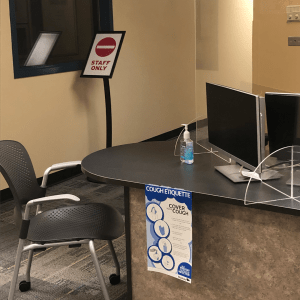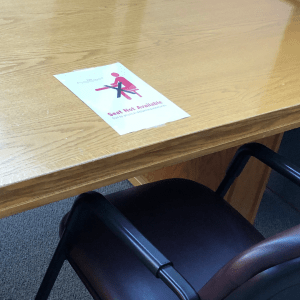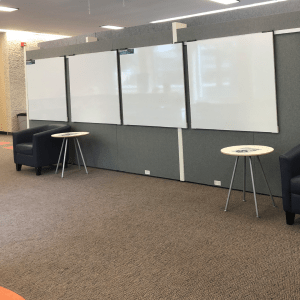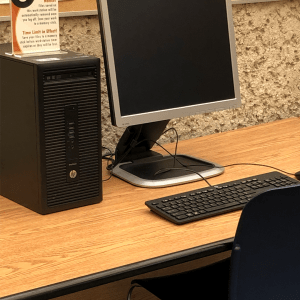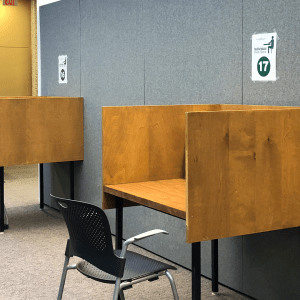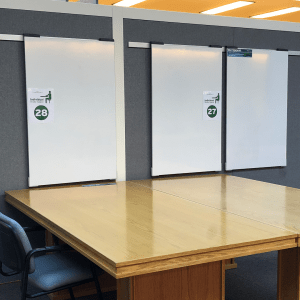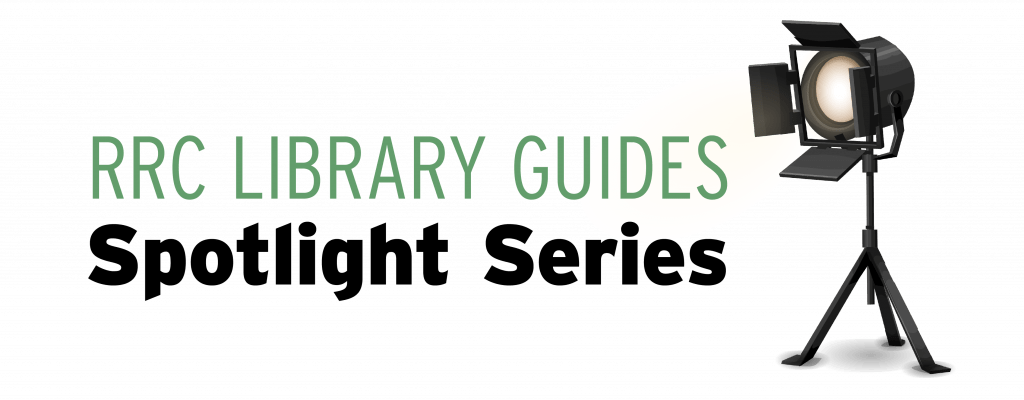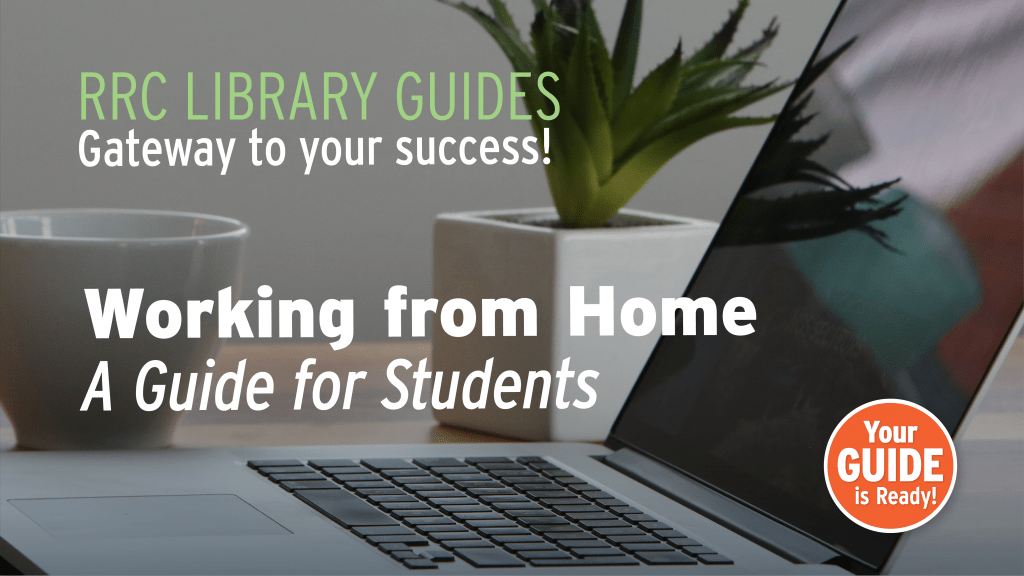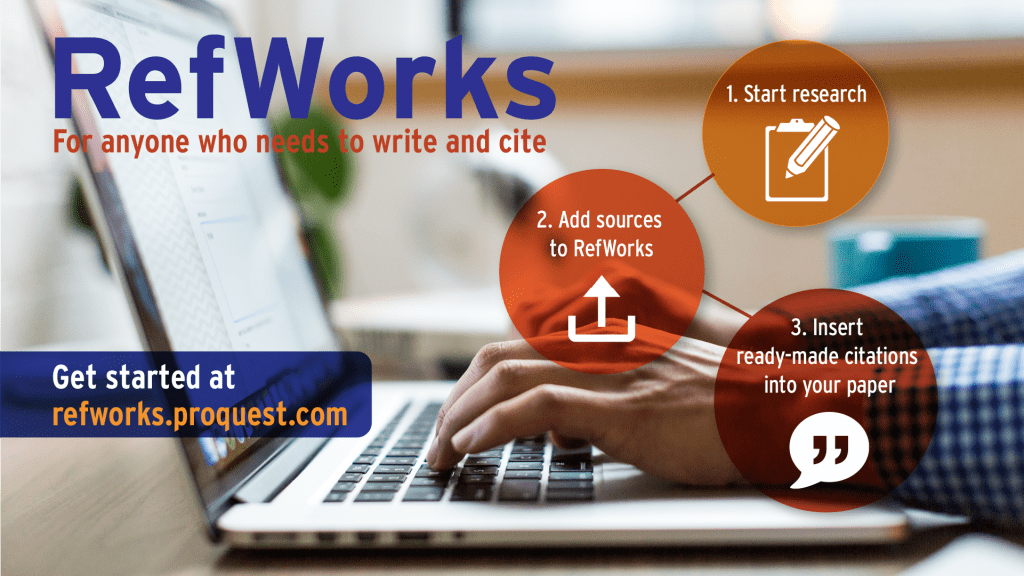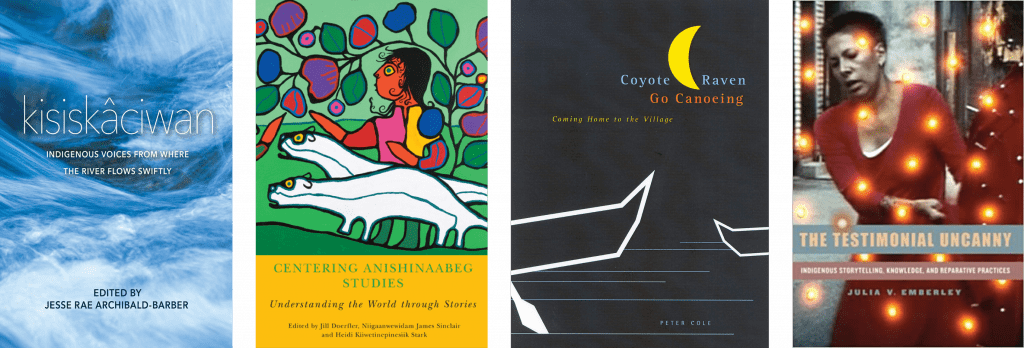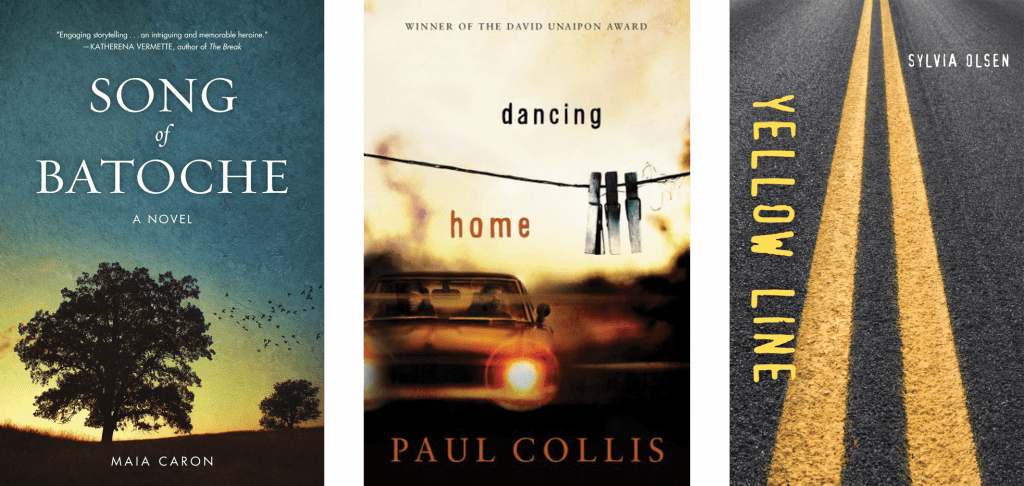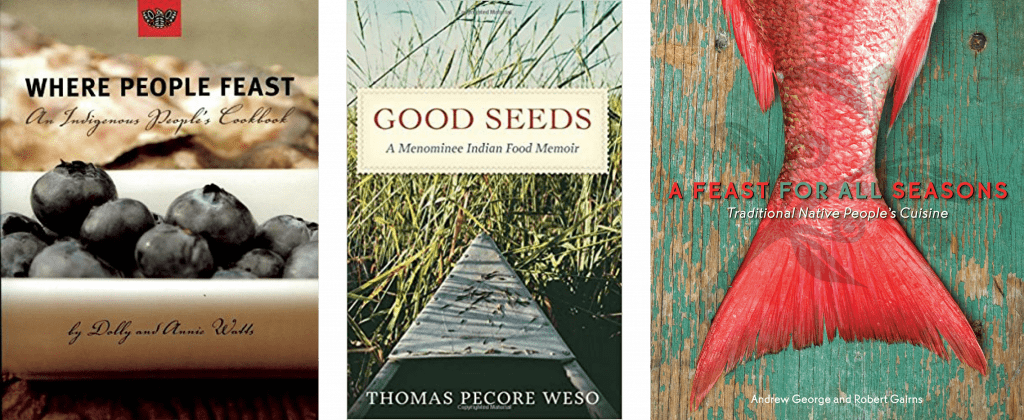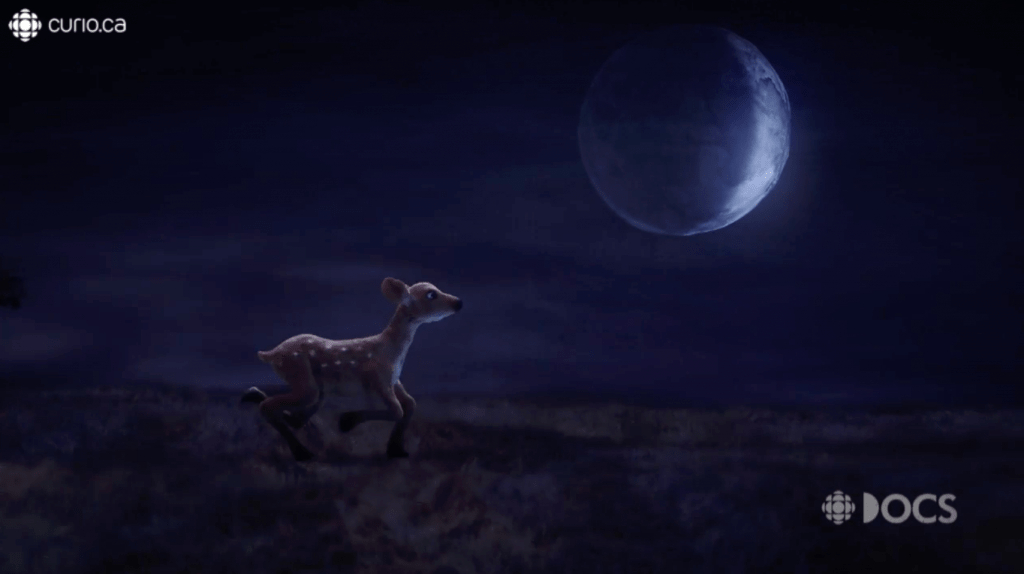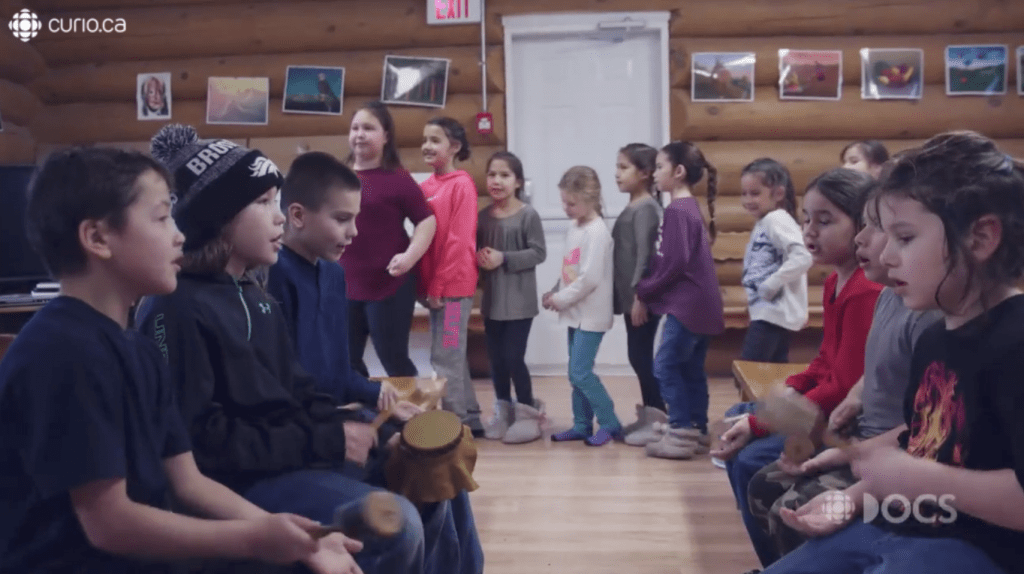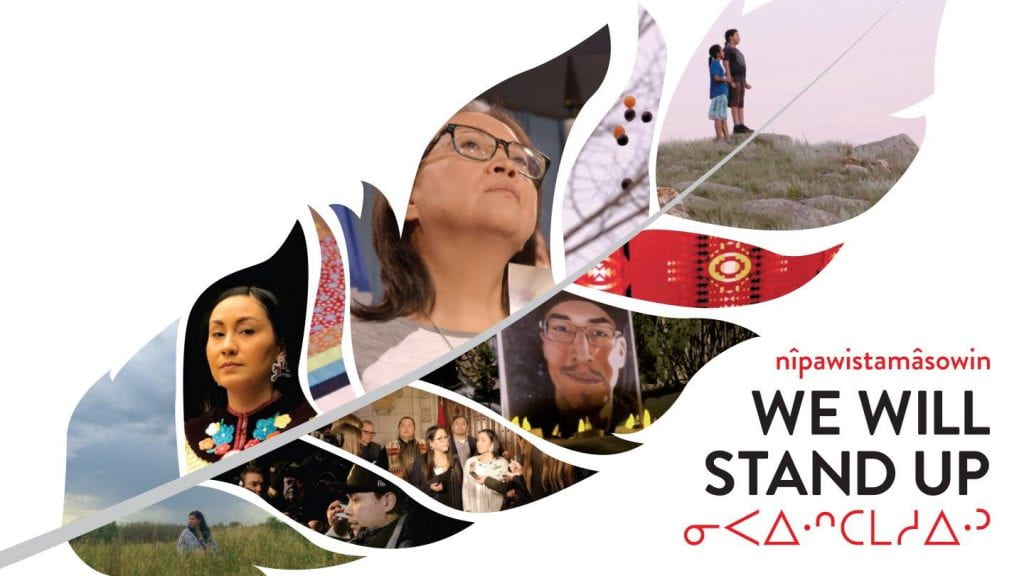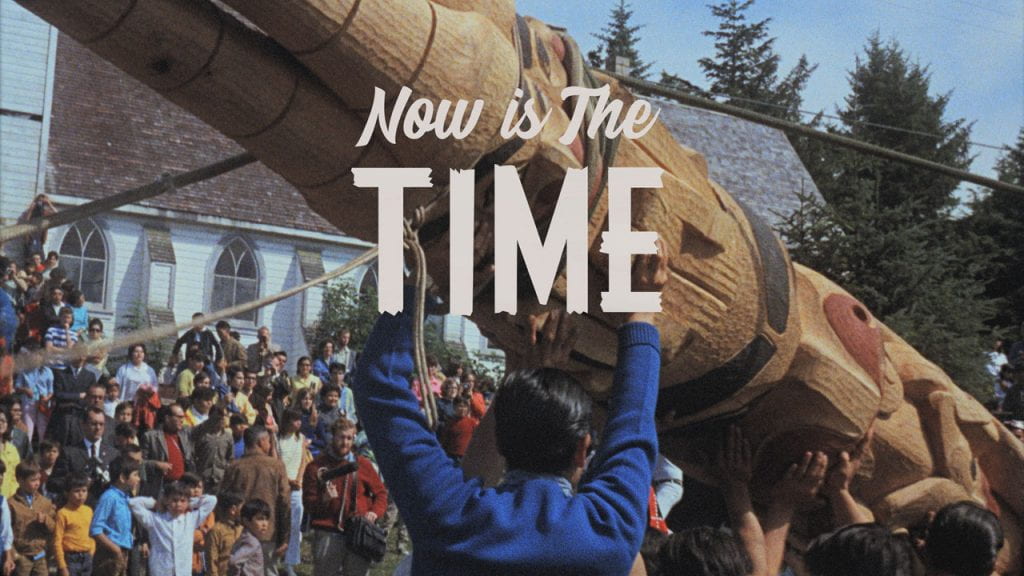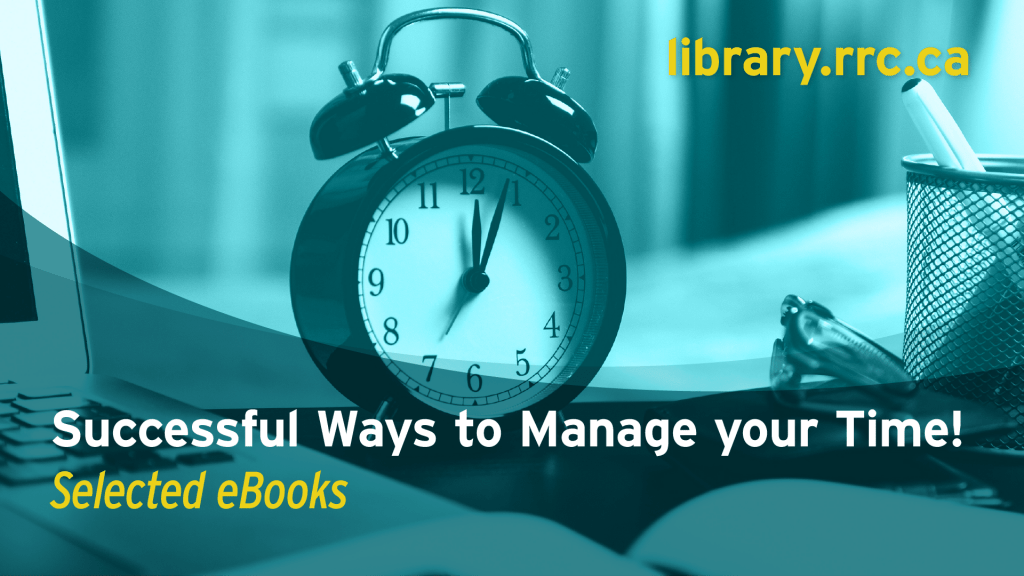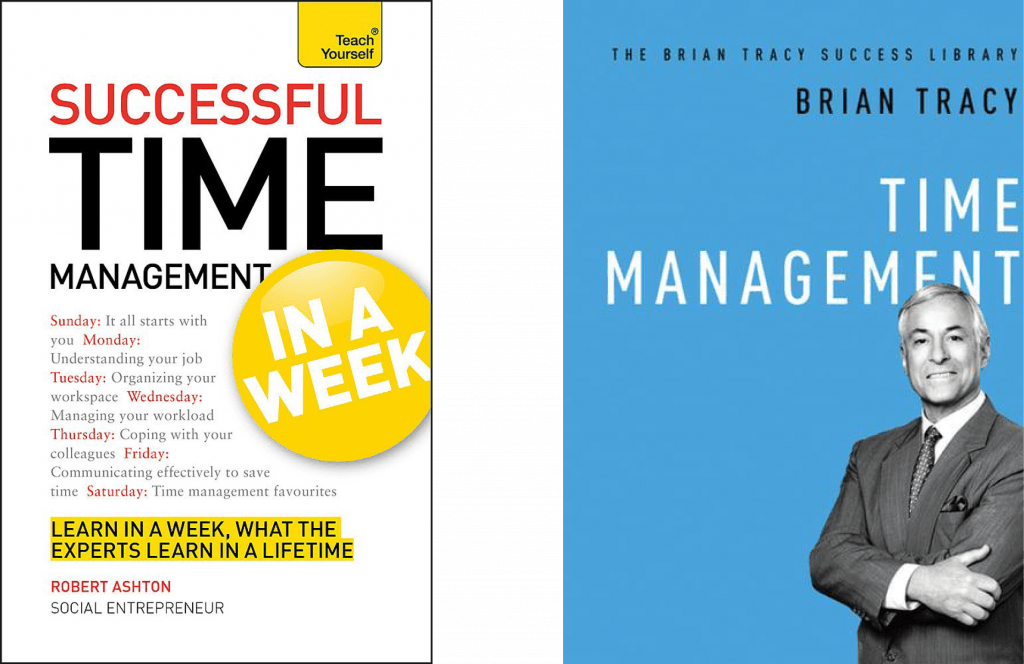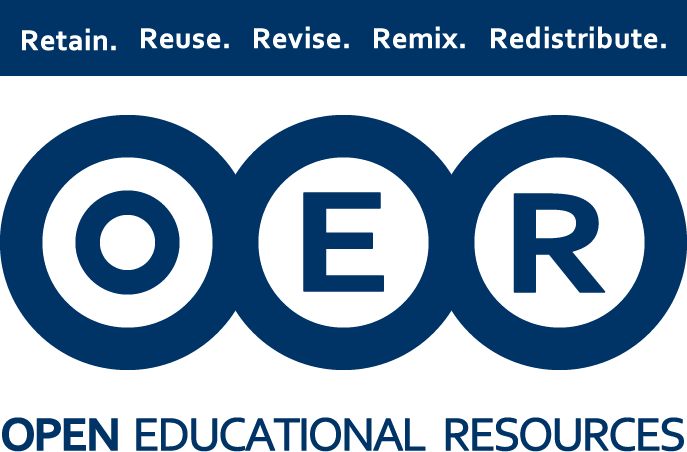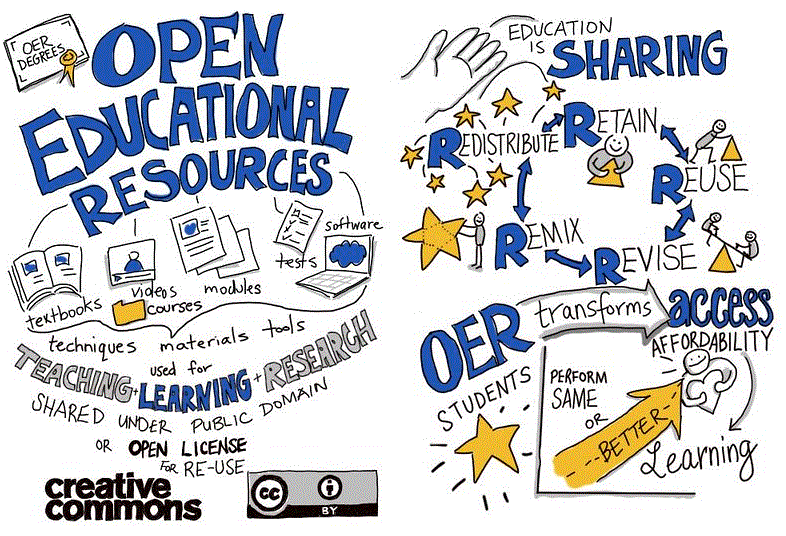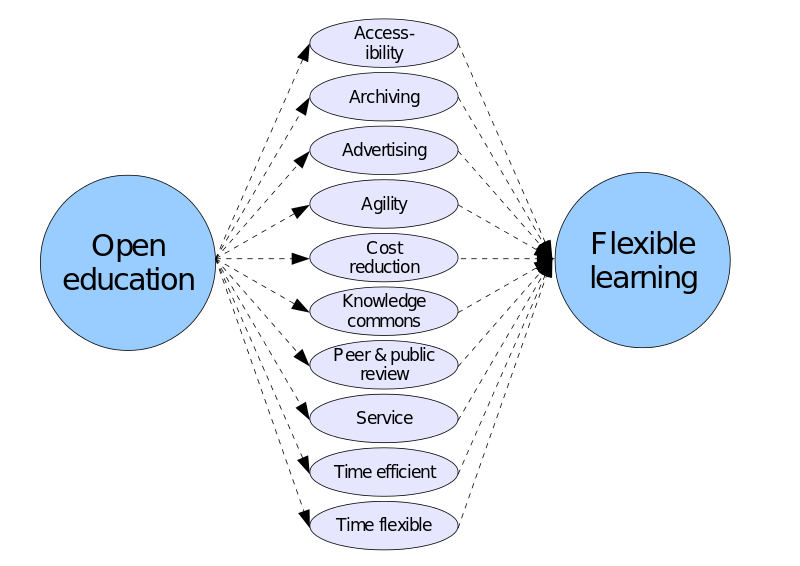Library Lunch and Learn – October/November Edition
Join Us For Lunch and Learn a New Skill!
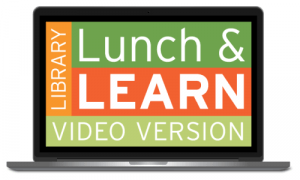 The world of information is increasingly vast and also tainted by a great deal of misinformation. Library Lunch and Learn is a series of mini-lectures designed to teach you the specifics of finding and evaluating information. We also demonstrate the ins and outs of individual databases, which offer a wealth of information catered to your area of expertise.
The world of information is increasingly vast and also tainted by a great deal of misinformation. Library Lunch and Learn is a series of mini-lectures designed to teach you the specifics of finding and evaluating information. We also demonstrate the ins and outs of individual databases, which offer a wealth of information catered to your area of expertise.
October/November 2020 Schedule
Below is the October/November schedule of popular Library Lunch and Learn topics. For the complete list of available Lunch and Learn videos, visit the Library Lunch and Learn page, which is updated weekly.
Monday, October 5
The New PubMed – Nursing Database
PubMed is an open-access database, created by the National Library of Medicine, that contains more than 30 million citations and abstracts of peer-reviewed biomedical literature. PubMed is used by researchers the world over.
Wednesday, October 7
Business Source Complete – Business Database
This essential database for business students contains tens of thousands of full-text journal and magazine articles as well as newspaper items and e-books. Find current news stories, case studies, industry reports, market research reports, company profiles, SWOT analyses, and more greatly enhance your understanding of the world of business.
Wednesday, October 14
Knovel – Engineering Database
Knovel is more than a database of e-books covering a variety of engineering subject areas. This unique database also features interactive tools including Properties Materials Search; Interactive Equations, the browser-based calculation software – Equation Solver, detailed Unit Converter, Steam Calculators, Interactive Periodical Table, and the ability to create and share folders of your saved results and work.
Monday, October 19
Nursing Reference Centre – Nursing Database
Designed specifically for nurses, this resource provides evidence-based information for point of care, continuing education, drug databases, nursing research, and more.
Wednesday, October 21
How Not to Drown in Information
Forget information overload, we often feel like drowning in information with nobody throwing us a lifeline to shore. From CRAAP to RADAR, pick up some quick tips to evaluate information while researching for an assignment and learn how Google/Wikipedia can work with library resources not against.
Monday, October 26
RxTx – Pharmaceutical and Therapeutic Database
RxTx is Canada’s authoritative source for prescribing and managing drug therapy, providing online access to evidence-based, reliable Canadian drug, and therapeutic information. In this session, we will explore the multiple facets of the Canadian Pharmaceutical Association’s RxTx database.
Wednesday, October 28
IBISWorld – Business Database
For Business students and anyone researching industry information, IBISWorld is a go-to database. It provides access to Canadian and US industry reports containing trends, market information, industry statistics, competitive landscape, and other industry-related information.
Monday, November 2
Making the Most of LinkedIn Learning
The LinkedIn Learning videos, formerly known as Lynda.com, have found their way into course work and even our Library guides. This session provides a refresher on what it is and how to navigate the various parts of a LinkedIn Learning Course to take advantage of this powerful tool for learning.
Wednesday, November 4
MarketLine – Business Database
Business and Marketing students need to locate quality business information. Be sure to familiarize yourself with Marketline to access 50,000 industry, company, and country profiles. Profiles offer standardized market data, competitive analysis, and other insights into business organization and function. You will also find socio and macroeconomic insights.
Have a question?
 During the Library’s regular hours, a friendly staff member is available to chat with you online. Just click on the Ask Us bubble at library.rrc.ca.
During the Library’s regular hours, a friendly staff member is available to chat with you online. Just click on the Ask Us bubble at library.rrc.ca.

